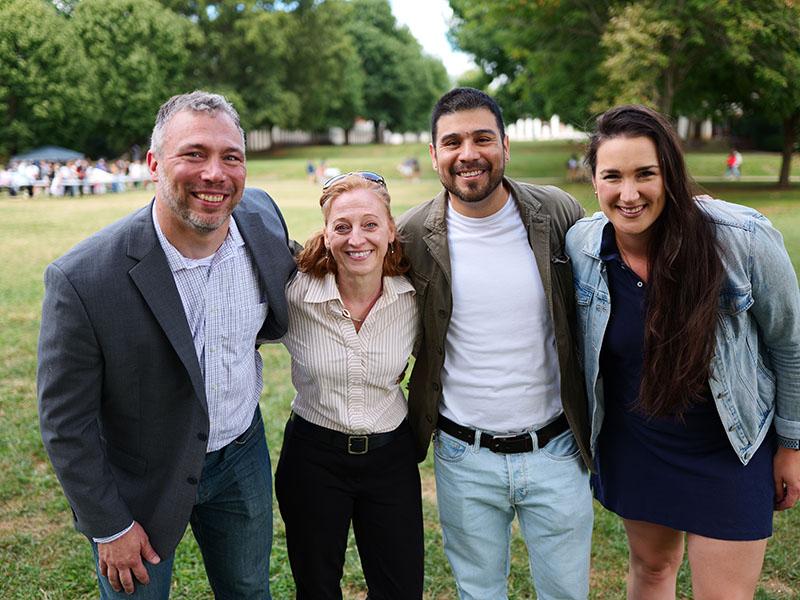
According to the U.S. Department of Agriculture, the number of guest-worker visas issued has increased fourfold in the last decade, but the H-2A visa program for temporary agricultural workers still isn’t keeping pace with the nation’s growing demand for agricultural labor. The current program has also been criticized for leaving workers without the same protections the domestic labor force enjoys, which could further undermine the stability of a migrant labor force.
However, a new project led by researchers with the University of Virginia’s College and Graduate School of Arts & Sciences aims to help the USDA expand and improve the H-2A program and avert a looming crisis for America’s growers and the nation’s food supply.
The nation’s H-2A visa program currently attracts most of its migrant workers from Mexico, but the Biden administration is looking into opportunities to increase the number of migrants recruited from Central America. The move would give more workers from those countries legal status as guest workers and could give growers from the United States access to a larger work force.
The question is how to ensure an expanding H-2A program protects workers against labor violations, including ones as serious as human trafficking, which has been a problem for migrant labor programs, said Jennifer Bair, senior associate dean for academic affairs and professor of sociology for the College and Graduate School of Arts & Sciences and lead investigator for the UVA-based project.
Farm work is considered one of the most hazardous jobs in the U.S. labor market, so all workers need protection from risks such as pesticide exposure and heat stress, Bair said.
“We’re researching a major USDA initiative providing grants to farms that commit to implementing robust labor standards for both U.S.-based workers and those hired under the H2A program,” Bair said. “The hope is that this program could, by improving conditions for farmworkers and stabilizing the agricultural work force, increase the sustainability of our food supply chains.”
To complete the work, Bair’s team is partnering with the Community and Labor Center at the University of California, Merced, which will expand the project’s capacity to connect with growers and workers around the country to gain insights into the challenges they face. The goal is to create a “high-road” program that would ensure that conditions for migrant employees are consistent with U.S. labor laws, that provides them with a dignified employment opportunity, and that treats them as critical partners in the health of the nation’s food chain.


